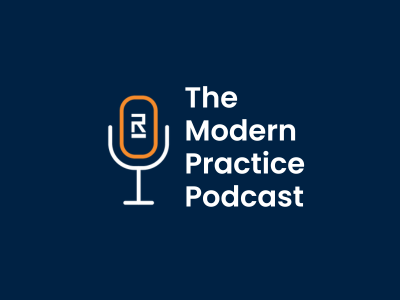Compliance in healthcare is complex and requires a strong awareness of the different governing bodies in the industry. Get a closer look at some of the most notable compliance requirements and how you can protect your facility from liability and penalties.
What is Healthcare Compliance?
Healthcare compliance is the practice of abiding by all relevant regulations and legal, ethical, and professional standards in the industry. The healthcare industry affects a lot of people, so there are several rules and regulations to consider. Healthcare compliance is involved, and it’s constantly changing. Remaining aware of the different policies and procedures that apply to the healthcare industry is essential, whether you run a large regional network or a small rural clinic.
EMV Compliance
EMV stands for Europay, Mastercard and Visa — the leading credit card providers globally. EMV compliance is a global payment technology standard that’s designed to protect customers from fraud — otherwise known as a credit card chip. These chips differ from the magnetic strip on a credit card because they generate a unique code for every transaction rather than using the same data every time.
Healthcare facilities must accommodate the use of the chip in their payment systems. EMV compliance is not technically a law, but supporting chip transactions prevents your facility from accepting full liability for fraudulent charges. If your system only supports the swipe, and a patient reports a fraudulent charge after wanting to use the chip, the responsibility falls to your organization.
PCI Compliance
Payment card industry (PCI) compliance relates to the requirements for any merchant or service provider who processes and transmits cardholder data. Compliance related to PCI involves various policies and procedures, including documentation, Self-Assessment Questionnaires (SAQs), and onsite assessments.
HIPAA Compliance
The Health Insurance Portability and Accountability Act (HIPAA) is a national standard set to protect patient health information. This act covers procedures for the collection and sharing of health information. It also requires extensive cybersecurity practices to protect electronic patient data from cyberattacks.
OSHA Compliance
The Occupational Safety and Health Administration (OSHA) governs safety in the workplace across industries. In the healthcare industry, hazards that involve OSHA guidelines include radiation standards, blood-borne pathogen operations, handling of chemicals, and many others. Healthcare facilities also have to consider baseline hazard management, such as setting exit routes, establishing first aid procedures, and requiring personal protective equipment (PPE).
Choose Rectangle Health for Effective Healthcare Compliance: Security is Our Priority
At Rectangle Health, our proprietary payment processing interface — Practice Management Bridge® — works with your practice management system to simplify digital payments. From card-on-file (CoF) functions to point-of-care payments, we have you covered — all with healthcare compliance in mind.



